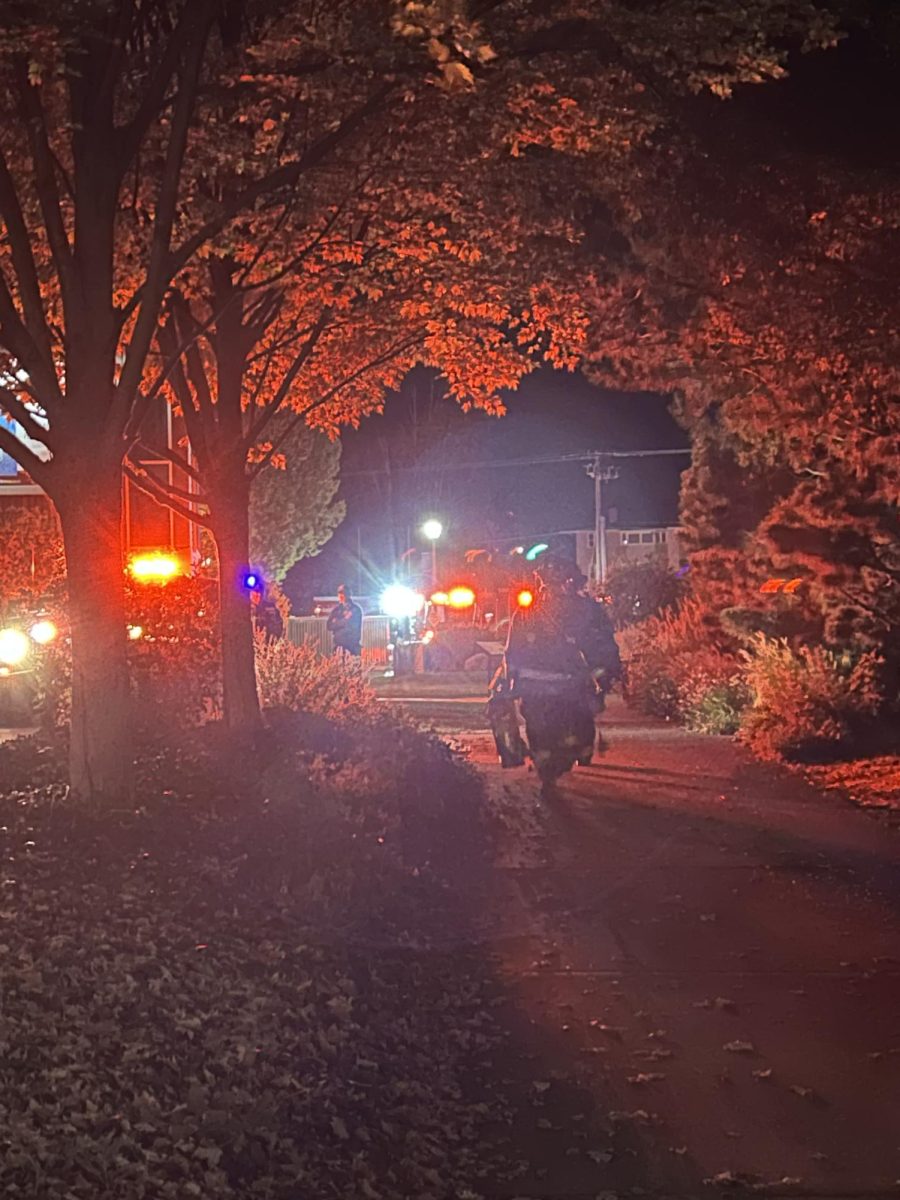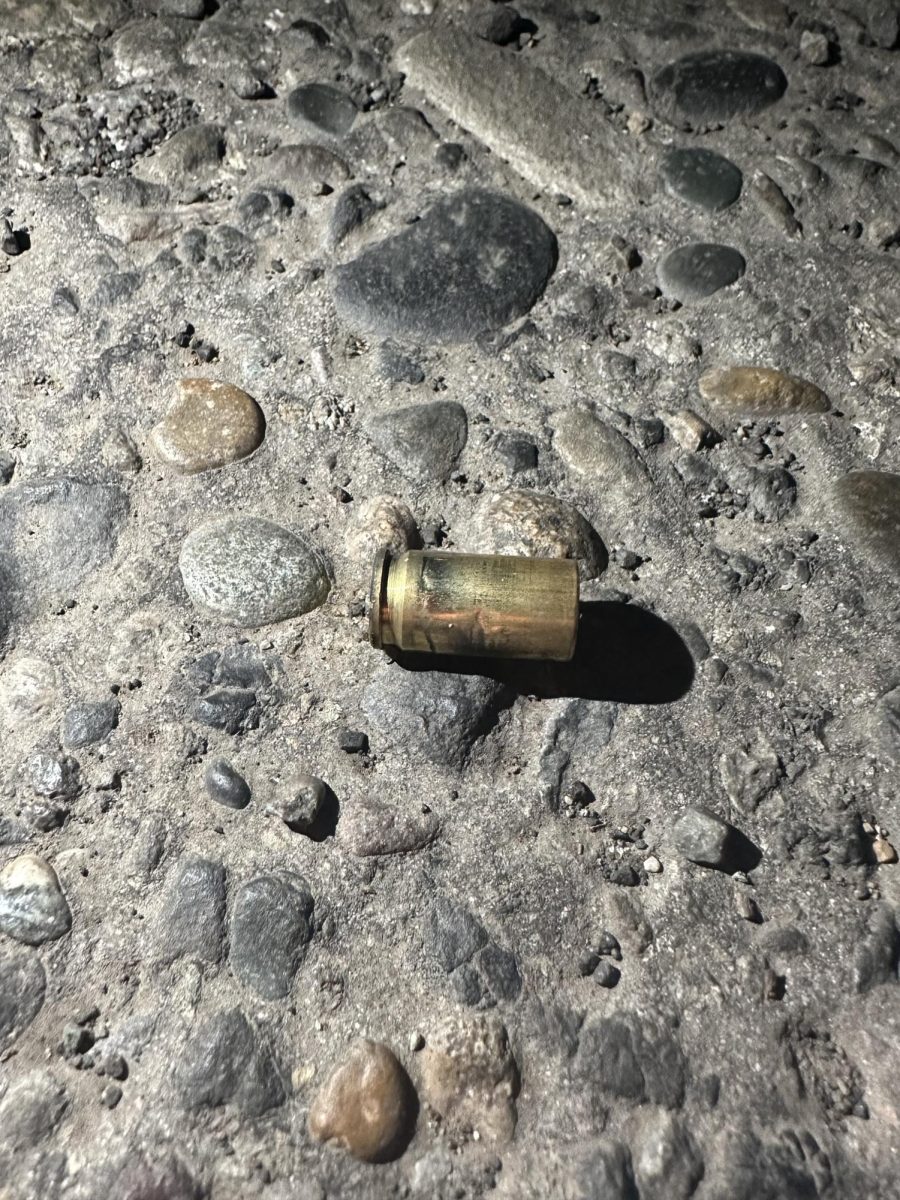Whitman as an institution is generally regarded as environmentally conscious. However, while the college’s recycling program is highly visible on campus, those who are involved say there is much more work to be done.
Tristan Sewell, recently hired to the position of sustainability coordinator, has spent the last year and a half maintaining the school’s existing recycling system while devising improvements he would like to see put in place. As manager of the Whitman recycling center, he also manages the school’s Sustainability Revolving Loan fund –– a $50,000 sum designated for improving resource conservation and efficiency on campus (according to the college website) –– and is spearheading a current climate action plan on how to reduce campus greenhouse gases in the long term.
While Sewell sees a lot of good in the current commitment to recycling on campus, he argues there is still much the college needs to be doing in order to rise to a more modern level of environmentally friendly waste disposal.
“I think our recycling program is still stuck in the ‘80s and ‘90s in a lot of ways, and we have a lot of progress to catch up with 21st century best practices” said Sewell.

Currently, Sewell’s number-one priority is replacing bins, signage and waste-disposal hardware around the school, but his to-do list is extensive and costly.
“There are a lot of things that are going to have to change” said Sewell. “They’re substantial investments and they don’t necessarily pay out, but they’re something we need to do.”
Recycling has increasingly become more of a corporate business in the United States. While recycling is widely accepted as more environmentally beneficial than landfilling, it may not be the best thing an institution can focus on in terms of environmental preservation, according to Professor of Environmental Sociology Alissa Cordner.
“Earlier in U.S. history, there was a focus more on reusing,” said Cordner. “Now it’s presented as an ‘either-or.’ Either you recycle or you landfill, when in fact there are a lot of other options in terms of reusing or reducing environmental impact. These aren’t often talked about as being on the table anymore, partly because recycling can be so profitable.”
While Sewell has focused much of his time on improving the college’s current recycling program, Cordner believes we should be focusing our efforts on changing campus mentality in terms of waste disposal.
“We should be thinking about recycling as the second-to-last resort, with reducing and reusing materials being what we prioritize” said Cordner.
One thing Cordner and Sewell agree on, however, is the financial complications of environmentally friendly programming at an institutional level.
“I’m not going to make the case that I’ll turn the recycling program into a profitable venture for the college because that’s just not going to happen” said Sewell. “The point here is that if we want to continue to reduce our climate impact we need to do a better job –– better sorting, better signage, more consistent bins … We don’t have that, and we’re a long way from it … and with the budget I have, I can only do so much for one year.”
Cordner, too, warns against evaluating recycling through a purely financial standpoint.
“Many communities have made the decision to only recycle when it’s economically profitable” said Cordner. “That assumes that all costs are captured in dollar amounts, when it’s highly unlikely that the dollar amount assigned to a certain type of recycled material truly captures the environmental, human health and quality of life costs wrapped up in our consumer goods.”






